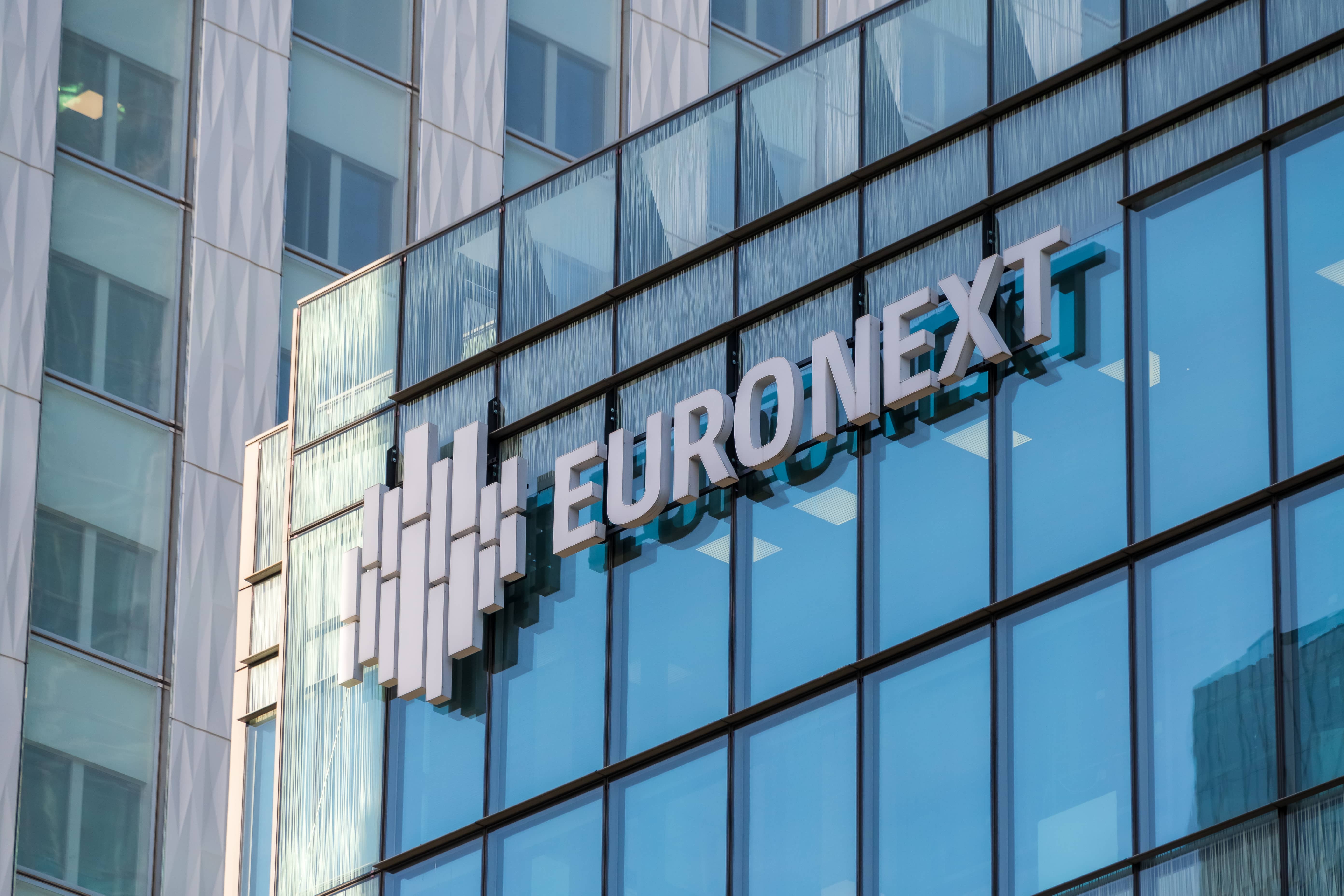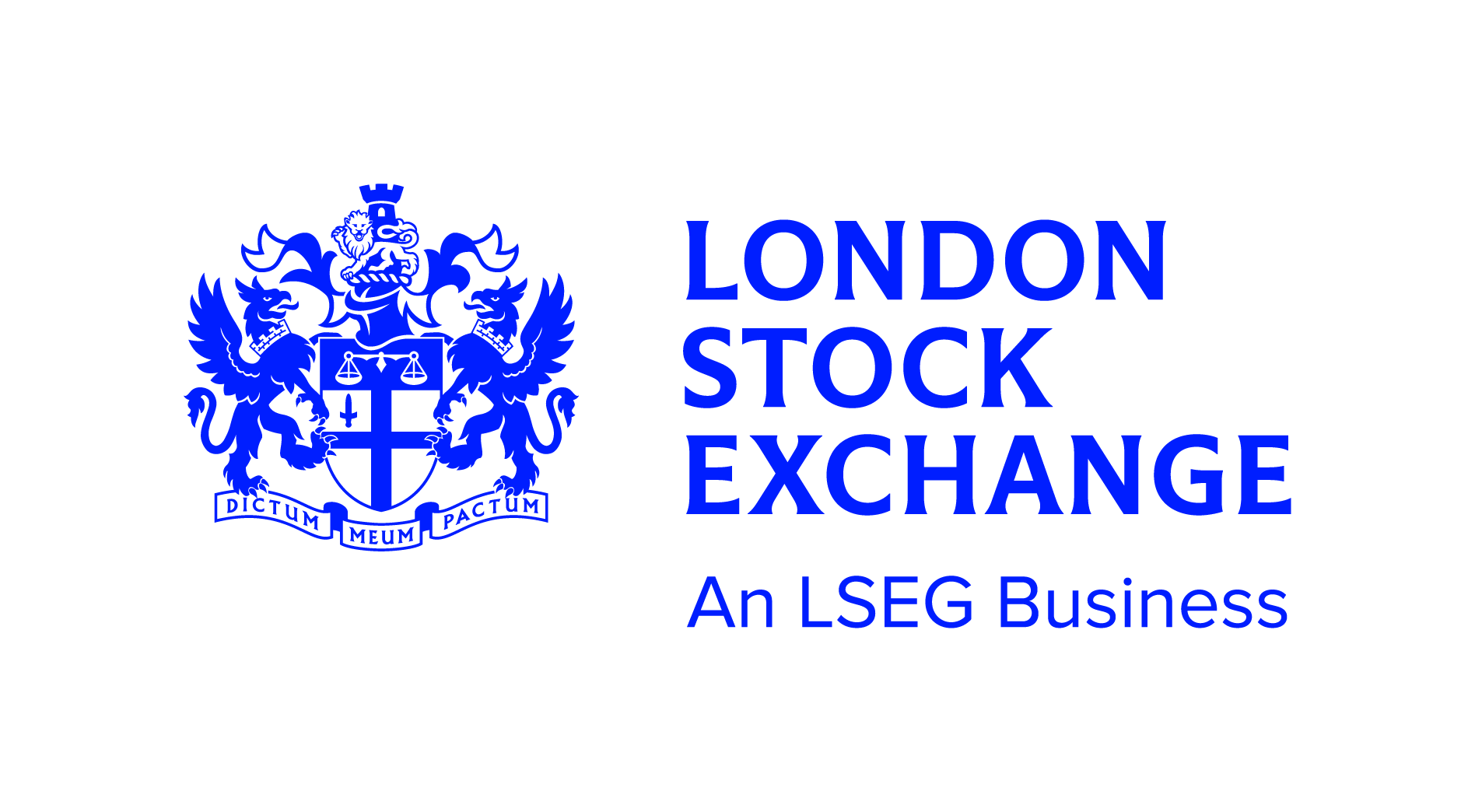London’s capital markets have been left “isolated” following Brexit while consolidation on the continent has strengthened European exchanges, Stephane Boujnah, CEO of Euronext, has said.
Speaking on a Financial News webinar, Boujnah said mergers between European exchanges have helped them combat New York’s attractiveness as a place to list while London’s shrinking liquidity pool has seen many companies decide to list across the Atlantic.
The London Stock Exchange (LSE) saw just five IPOs in Q3 of 2023 as the UK faces the slowest listing market in over a decade.
“In 2016, the fascinating Brexit voyage started. While the UK was unilaterally self-inflicting this journey to decide to transition from being the largest capital centre of financial markets in Europe to the largest financial centre of the UK, we were building the Euronext strategy to consolidate exchanges and the liquidity pool,” Boujnah told Financial News.
“On the one hand, London decided to take back control, and to be isolated. On the other, Euronext was consolidating equity markets in Europe.”
He said a quarter of shares in Europe are traded on Euronext, with the aggregate market capitalisation of companies almost at €6.3trn, twice that of London. Meanwhile, daily trading volumes of between €10-12bn were also twice that of London on some days.
“The liquidity pool of London became much smaller, hence this talk about moving to the US or not. We do not have the same debate in continental Europe,” he said. “New York today is a problem for London, not for Europe.”
He added Euronext accounted for 72% of listings in Q3 2023 and roughly 50% annually.
Boujnah said more consolidation could be in the pipeline and that the group is actively “monitoring” deals that are currently “not actionable”
This includes the potential joint venture with Deutsche Boerse and talks with securities lending platform EquiLend.
Previous deals saw Euronext purchase Borsa Italiana from the LSE in a €4.3bn deal in October 2020.
This allowed LSE to complete the $27bn takeover of US financial company Refinitiv in 2021.
Mergers have continued at a steady pace on the continent. In April last year, Deutsche Boerse announced it would be acquiring Danish software company SimCorp in a €3.9bn deal.
Commenting on whether Euronext could tap LSE up for future acquisitions, Boujnah said he was not sure there was appetite in London for consolidation.
“If there is an appetite from LSEG to contribute the LSE to the European project, and if the Financial Conduct Authority is eager to come back as a member of the college of supervisors of Euronext, which it used to be... why not?
“I do not feel it is the direction of travel unless the satisfaction of having taken back control is there and people are happy to share and to contribute.”





